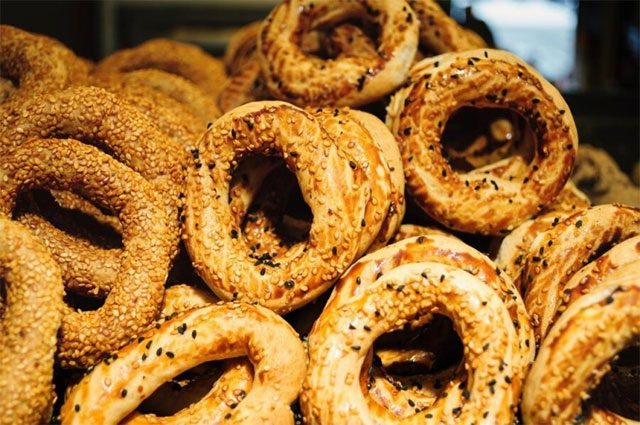Bottled fruit juices, instant noodles, carbonated drinks… contain many artificial colors, preservatives, and a lot of sugar, which can harm children’s brains.
Top 8 Foods That Are Not Good for Children’s Brain Health
Breakfast Cereals
Many parents often choose breakfast cereals for their children because they are quick and convenient. However, these cereals contain a significant amount of sugar and are made from refined flour. They lack nutritional value for children, as most of the simple carbohydrates in cereals convert to sugar as soon as they enter the child’s body. Sugary products can be even more harmful, potentially reducing attention and concentration, negatively affecting children’s behavior and mood.
Bottled Fruit Juices
The main ingredients of most bottled fruit juices are sugar and fruit flavors. The excess sugar in these drinks can be detrimental to children’s brain health.
Even if parents give their children 100% freshly squeezed fruit juice, the child’s body will receive all the sugar without any of the beneficial dietary fiber. At this point, fruit juice becomes an excess sugar intake. Therefore, it is better to give children fresh fruit instead of too much juice, allowing them to obtain all the nutrients found in fruits.
Instant Noodles

Instant noodles contain a lot of MSG and preservatives, which are not good for children’s brains. (Image: Freepik)
Packaged and processed foods like instant noodles contain monosodium glutamate (MSG), which is used to enhance flavor. However, this is very harmful to children’s brain development. It can cause hyperactivity, headaches, and mood swings in children, and may alter behavior leading to irritability. Therefore, it is best to limit children’s consumption of fast food and packaged products like instant noodles and potato chips.
Carbonated Drinks
Carbonated drinks such as soda, energy drinks, and similar products can increase the risk of heart disease and type 2 diabetes in children. Consuming too many sugary drinks also affects children’s brains and memory. This can increase the risk of Alzheimer’s disease in later life. Research indicates that high fructose consumption can lead to insulin resistance in children’s brains, impairing brain function, memory, and learning ability.
Muffins
Store-bought muffins are one of the worst foods for children’s brain development. They mainly contain refined flour and sugar. Excess sugar can lead to hyperactivity in children and may even cause them to feel depressed or irritable. Instead of buying packaged muffins, adults can make healthy muffins at home using various recipes available online.
Bagels
Many people believe that giving children toasted bagels with peanut butter will provide sufficient protein. However, this is entirely incorrect. Bagels are as harmful to children’s brains as white bread. They contain little nutrition and no fiber, which can slow down children’s brain function. Instead, parents can choose whole grain bagels and spread nut butter on them to create a nutritious breakfast for their children.

Bagels are low in nutrition and lack fiber; excessive consumption can hinder brain development in children. (Image: Freepik)
Caffeinated Foods
Children have smaller brains than adults and are more sensitive to the effects of caffeine. Many soft drinks also contain caffeine. Therefore, parents should be cautious about the amount of caffeine their children consume. Excessive caffeine can lead to insomnia, hyperactivity, and anxiety. It can also cause headaches, stomachaches, and restlessness.
Packaged Sandwich Bread
Packaged sandwich bread contains a certain amount of protein, which seems to be a suitable option for a quick breakfast for children. However, it contains high levels of fats, sodium, and preservatives. These are very harmful to children’s brains. Studies have found that trans fats present in packaged bread can reduce memory, cognitive ability, cause headaches, and decrease brain volume.


















































